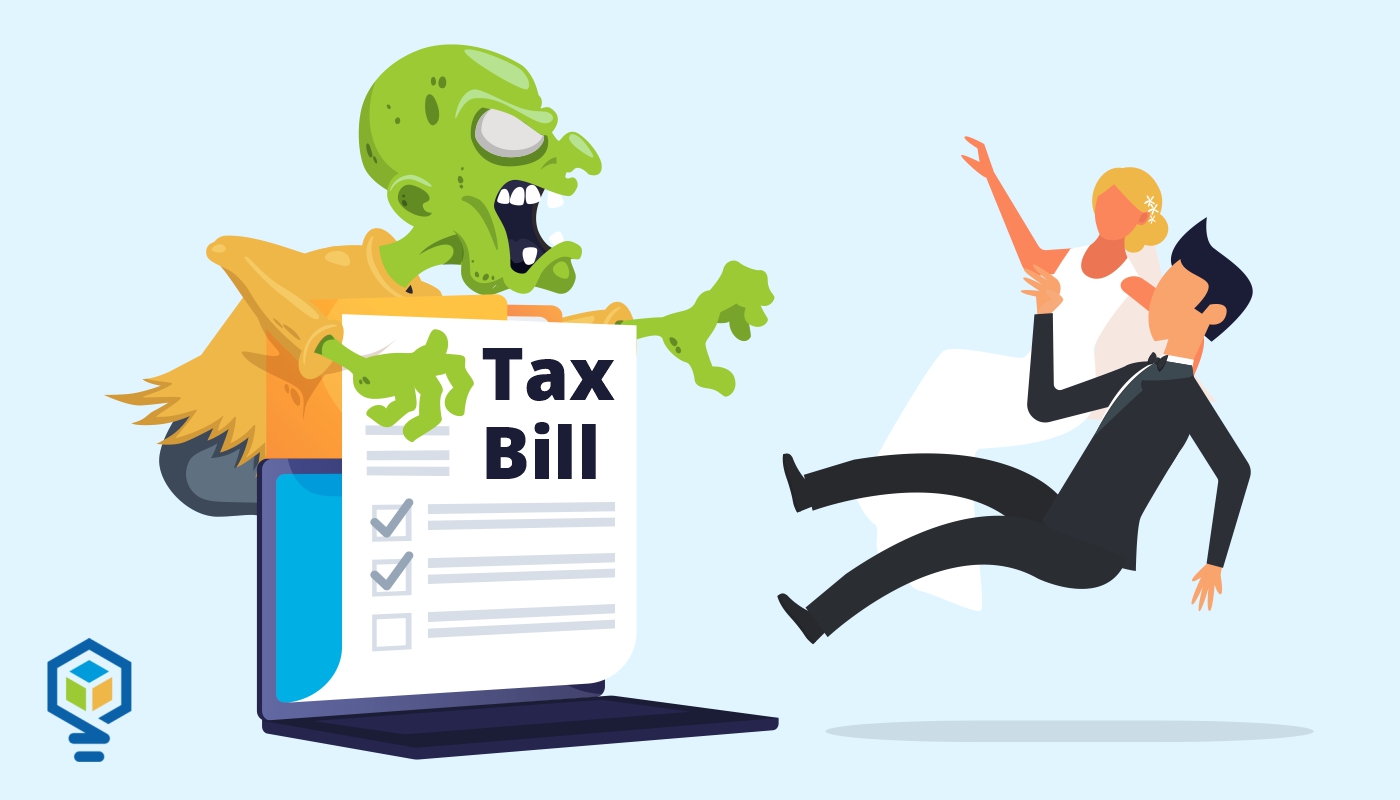
Tax Tales I Let Slip in 2025: From Whistleblowers to Easement Woes and Beyond
One of my greatest frustrations as a tax writer is that I just don’t have the time to cover everything that I notice. Early in my blogging career, when I was younger and had more energy, I set myself on a Monday, Wednesday, Friday schedule like the college professors I envied. Even that did not keep up with everything I noticed, so periodically I would do a post that had short blurbs about interesting things I didn’t dig further on. Here is an example from 2010 of a post that covers an entity not considered a church by the IRS, S corp shareholder basis issues, definition of alimony and two Chief Counsel Advices on TEFRA issues. So here are some things for 2025, that I opened a file on but never managed to make an article with.












